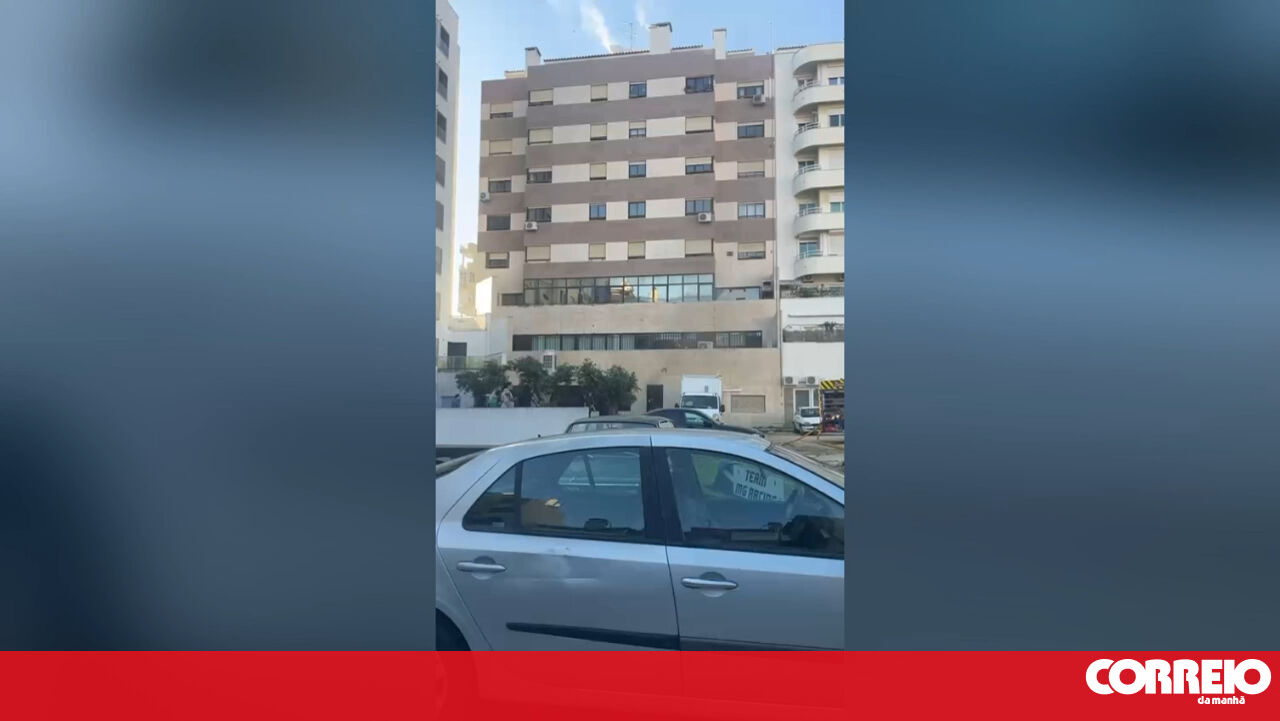Overview of Illegal Occupations in Lisbon
In the heart of Lisbon, illegal occupations of municipal housing have surged, highlighting a significant housing crisis. Recent reports indicate that there are 721 cases of illegal occupations within the municipality, starkly contrasting with the situation in the rest of the country.
Factors Behind the Occupations
The difficult access to housing has pushed many families to occupy municipal homes unlawfully. According to the municipal company Gebalis, these 721 illegal occupations have been documented, with 586 cases already having the necessary documentation submitted for processing. Moreover, 76 cases may potentially be regularized under the “Deliberação 855/2022” from the Lisbon City Council.
Comparison with Other Regions
The scale of illegal occupations in Lisbon is significantly greater than in other municipalities within the Lisbon Metropolitan Area. For instance, Almada has reported only 32 cases, while areas like Amadora, Cascais, Oeiras, Seixal, and Setúbal have recorded ten or fewer illegal occupations in 2024 and previous years. In Porto, the situation is even less pronounced, with illegal occupations described as “almost residual”. In Faro, only one case has been noted, which is currently undergoing eviction procedures.
Nature of Illegal Occupations
Illegal occupations often occur when family members continue to reside in homes after the death or abandonment of the original tenant. Although less common, there are also instances of break-ins or forced occupations.
Article referenced from Público














Comments
Join Our Community
Sign up to share your thoughts, engage with others, and become part of our growing community.
No comments yet
Be the first to share your thoughts and start the conversation!